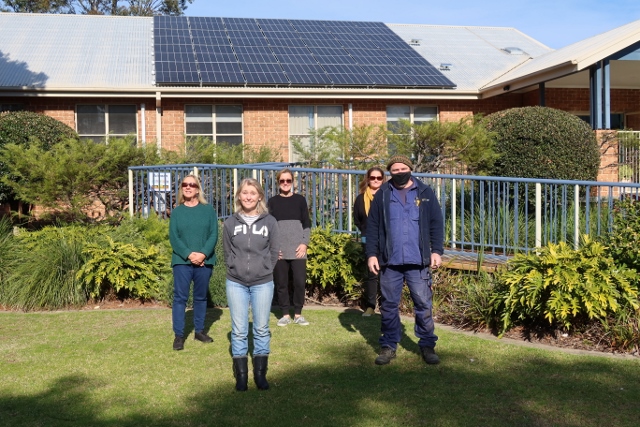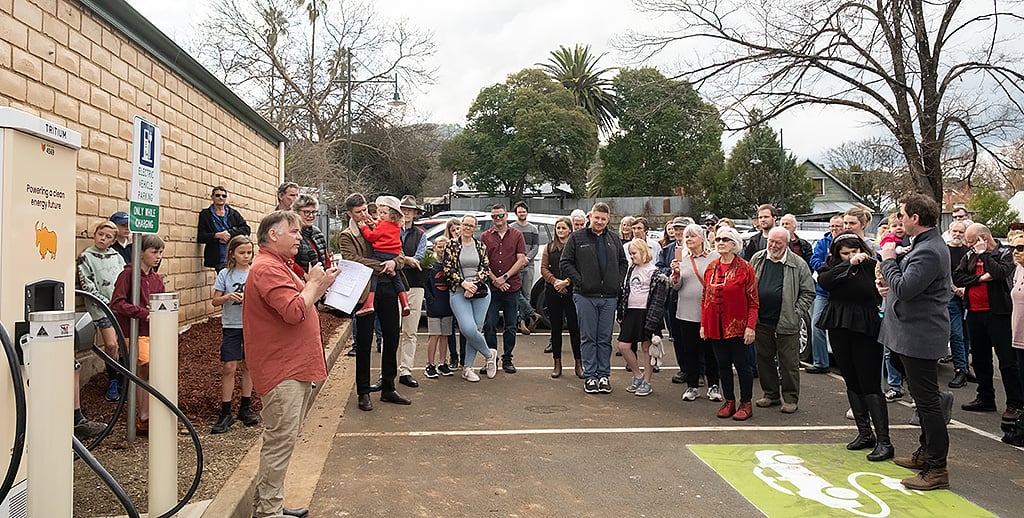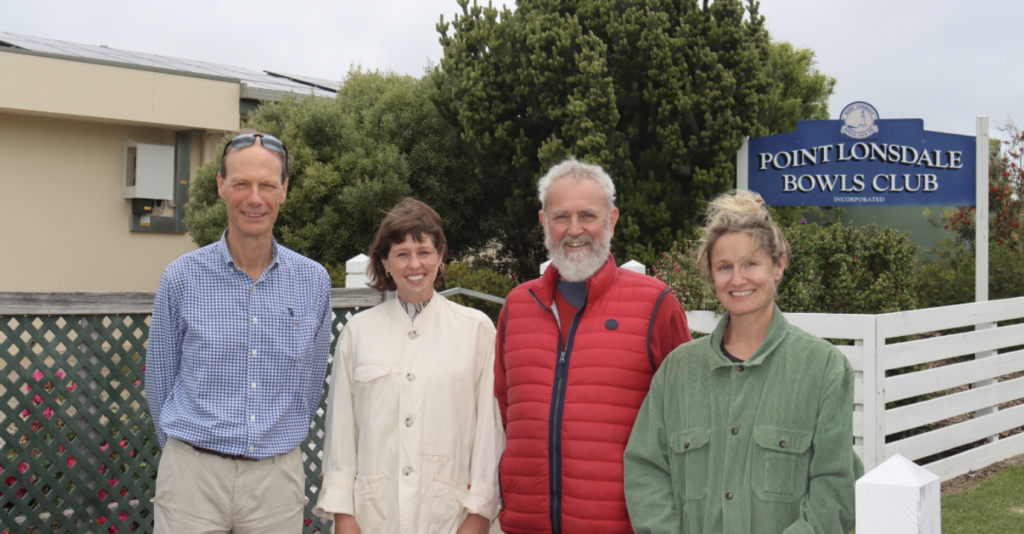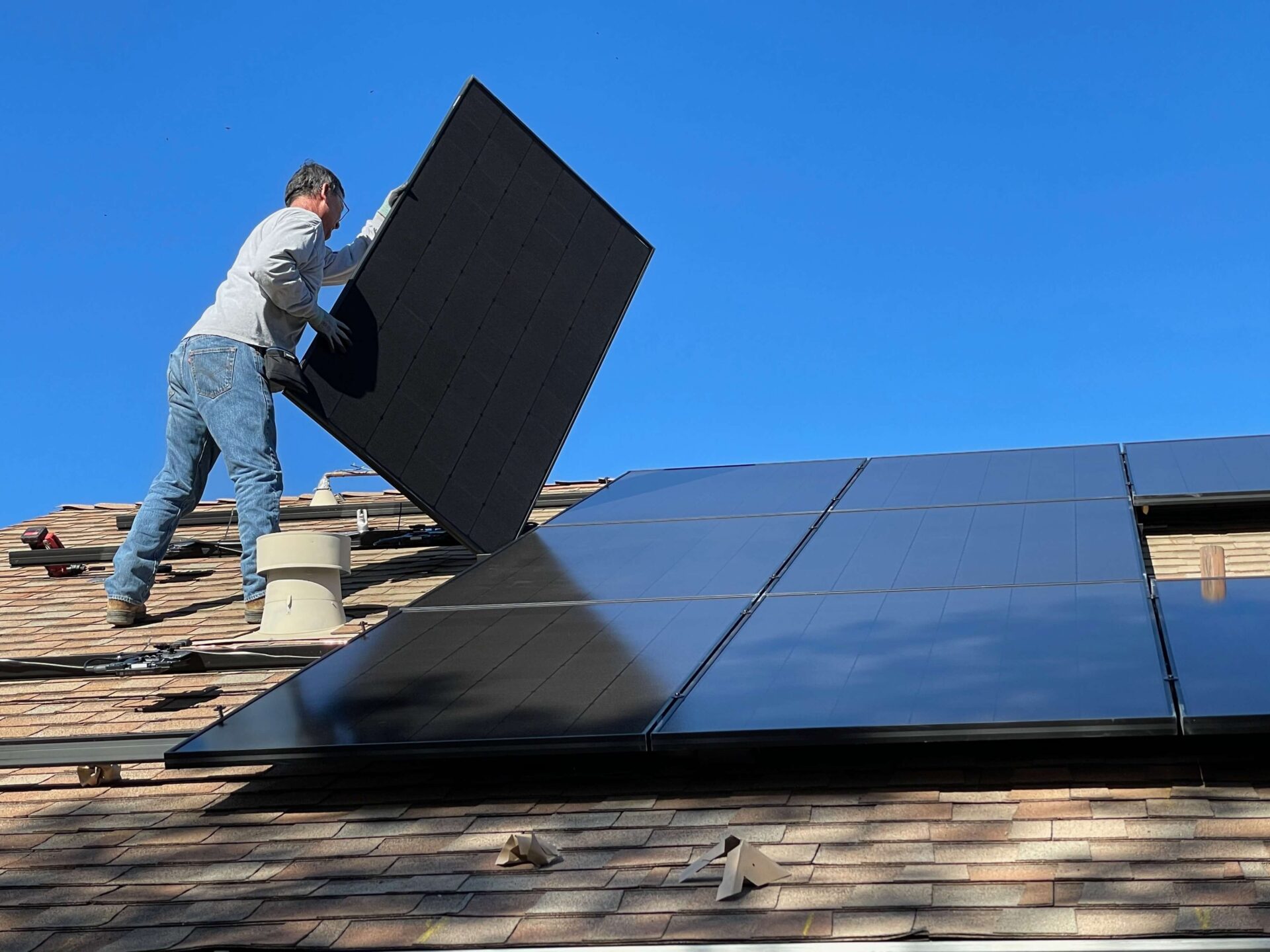Last week the Federal Government announced a new $100 million Community Energy Upgrades Fund. At first glance, the words “community energy” sparked excitement. However, after some further digging we discovered that while it is welcome news for local councils, grassroots community energy groups unfortunately miss out.
Grants will be available for local councils who are looking to do energy efficiency upgrades on community facilities such as libraries, pools, sporting fields and community centres. Efficiency upgrade examples include replacing energy-intensive heating in council pools with heat pumps and installing energy efficient lighting and battery storage. The aim of the program is to upgrade local facilities that simultaneously lowers energy costs and emissions. The fund adds to the $1.6 billion Energy Savings Package the Federal Government announced in the 2023-2024 budget. While the fund shows promise, it’s important to mention that the guidelines are still being developed. If you work for a local council – keep your eyes peeled for updates.
While the fund doesn’t extend to grassroots community energy groups, a quite disappointing aspect, it is clear that the Government has taken inspiration from the community energy sector. Community energy groups around the country have been driving clean energy initiatives for over a decade, often relying on their own resources. Many of these groups have delivered projects on community facilities, like installing solar panels, to decrease carbon emissions at the same time as reducing electricity bills of key infrastructure in their town.
At Community Power Agency, we strongly advocate for a more inclusive approach to future funding. By fostering collaboration between councils and community energy groups, we can tap into the invaluable insights these groups possess and a huge amount of passion for driving projects forward, ultimately maximising the positive impact of energy upgrades.
Grassroots groups who have paved the way
Southcoast Health and Sustainability Alliance (SHASA) have had a huge impact in their region. By partnering with Micro Energy Systems Australia, they have been able to help over 23 community groups through three different pathways:
- Fully gifting PV Solar systems free of charge to community not for profit organisations, such as the Bodalla Local Aboriginal Land Council.
- Sourcing grants to support the installation of PV Solar systems to community not for profit organisations, such as the Moruya Preschool.
- Supporting community organisations to install PV Solar systems through their Eurobodalla Solar Bulk Buy program including the Kyla Park Community Hall in Tuross Head.


In 2022, the town of Yackandandah celebrated another great partnership with the launch of the town’s first EV charging station. Including Victorian Government funding, community advocates, Totally Renewable Yackandandah (TRY) partnered with community social enterprises, YCDCo (fuel and rural supplies) and Indigo Power and alongside Indigo Shire to deliver the charger to support their drive toward 100 renewables. This being just one of many innovative collaborations in new energy.
Queenscliffe Climate Action Now (QCAN) have collaborated with the local Borough of Queenscliffe Council and Vortex Electrical to run a community solar program, aimed at increasing the uptake of solar in their community. They are doing this by leveraging the buying power of the community and partnering with contractors to make the installation of quality solar, battery and heat pump hot water systems easy and affordable. And the best part, for every solar and/or battery system installed as part of this program, Vortex is making a donation back to the community in the form of solar and/or battery products which will be used to install renewable energy systems on community buildings throughout the Borough.

These are just some examples of community energy groups taking the power into their own hands to progress climate action and deliver local benefits. We hope that in future, funds can be directed towards these groups to increase collaboration and impact.
